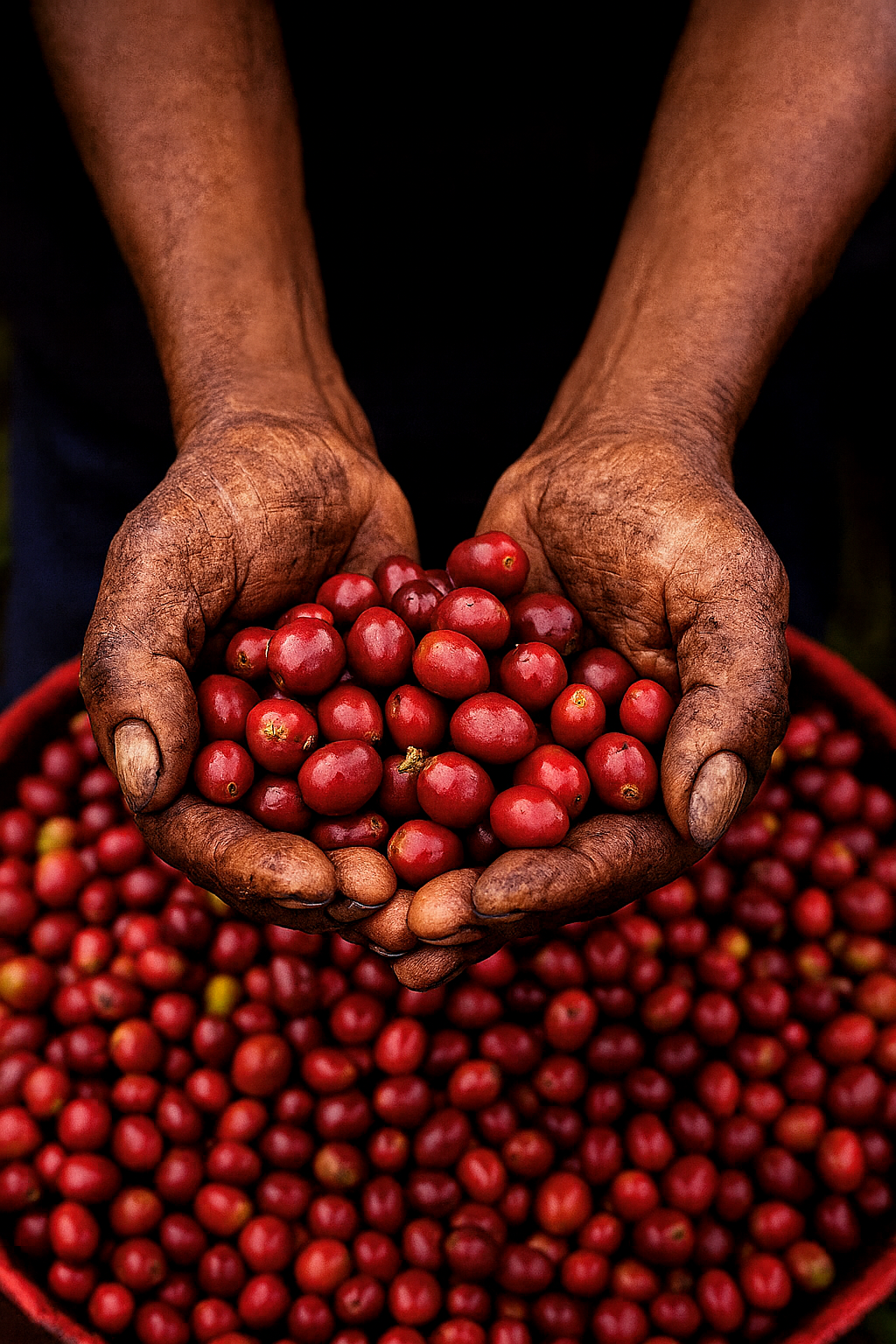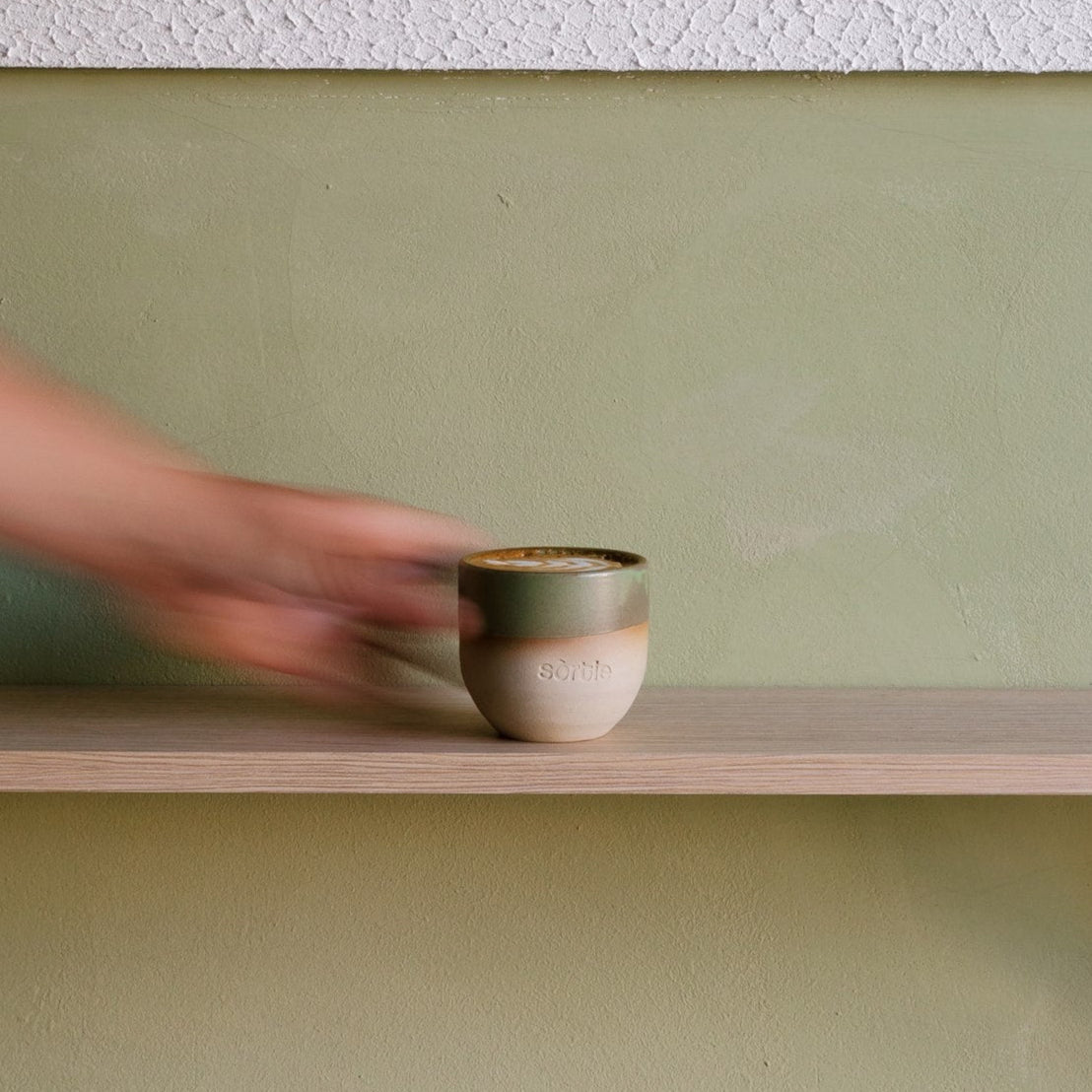Most people drink coffee every day.
But not all coffees are the same.
Some taste flat or bitter. Others taste clean, sweet, and full of flavor.
That’s what specialty coffee is.
1. It Starts at the Farm
Specialty coffee begins with how it’s grown.
Farmers choose the right place — usually high in the mountains, where the air is cool and clean.
They pick only the red, ripe coffee cherries, not the green or dry ones.
That means every bean is healthy and full of flavor.
After that, the beans are cleaned and dried carefully.
One small mistake can ruin the taste, so every step matters.
2. Quality is tested
Specialty coffee starts with high-grade beans that score 80 points or more on the Specialty Coffee Association scale.
These beans have fewer defects and stronger, more unique flavors than regular coffee.
They grow in the right conditions — the right soil, altitude, and climate — and are picked only when perfectly ripe.
Good beans mean good taste. It’s that simple.
3. Careful Processing
After picking, the journey continues.
The beans are processed — washed, natural, or honey — then dried and stored with care.
The goal is to keep the bean’s natural flavors, not hide them.
Each method changes the final taste: some coffees are cleaner, some fruitier, some sweeter.
That’s why experts often talk about processing. It’s a big part of a coffee’s story.
4. Roasting brings it to life
Roasting is where coffee comes to life.
Instead of huge industrial batches, specialty coffee is roasted in small batches.
This helps roasters control the process and bring out each coffee’s unique character.
Every origin reacts differently to heat.
Good roasters test, taste, and adjust until they find the sweet spot.
The goal isn’t to make all coffees taste the same, but to highlight the best parts of each bean.
5. Freshness Standards
Specialty coffee is roasted fresh — usually days or weeks before you buy it, not months.
Most roasters include a roast date on the bag, and the coffee reaches its peak flavor within 2–4 weeks of roasting.
If a bag doesn’t show a roast date, it’s probably not specialty.
Freshness is one of the clearest signs of quality.
6. Origin Transparency
With specialty coffee, you know exactly where it came from —
not just the country, but often the specific farm, region, and variety of the plant.
This traceability helps you understand why one coffee tastes like berries and another like chocolate.
The origin isn’t marketing — it’s the map of the flavor.
7. Why It Matters
Specialty coffee is built on three things:
-
Quality – The best beans, grown and processed with care.
-
Transparency – Knowing where your coffee comes from.
-
Freshness – Roasted recently, served with purpose.
It supports farmers who do great work, respects the environment, and gives you a cup that actually tastes like something — not just “coffee.”
In Simple Words
Specialty coffee is coffee made the right way —
grown carefully, roasted with skill, and served fresh.
It’s the difference between drinking coffee and understanding coffee.

